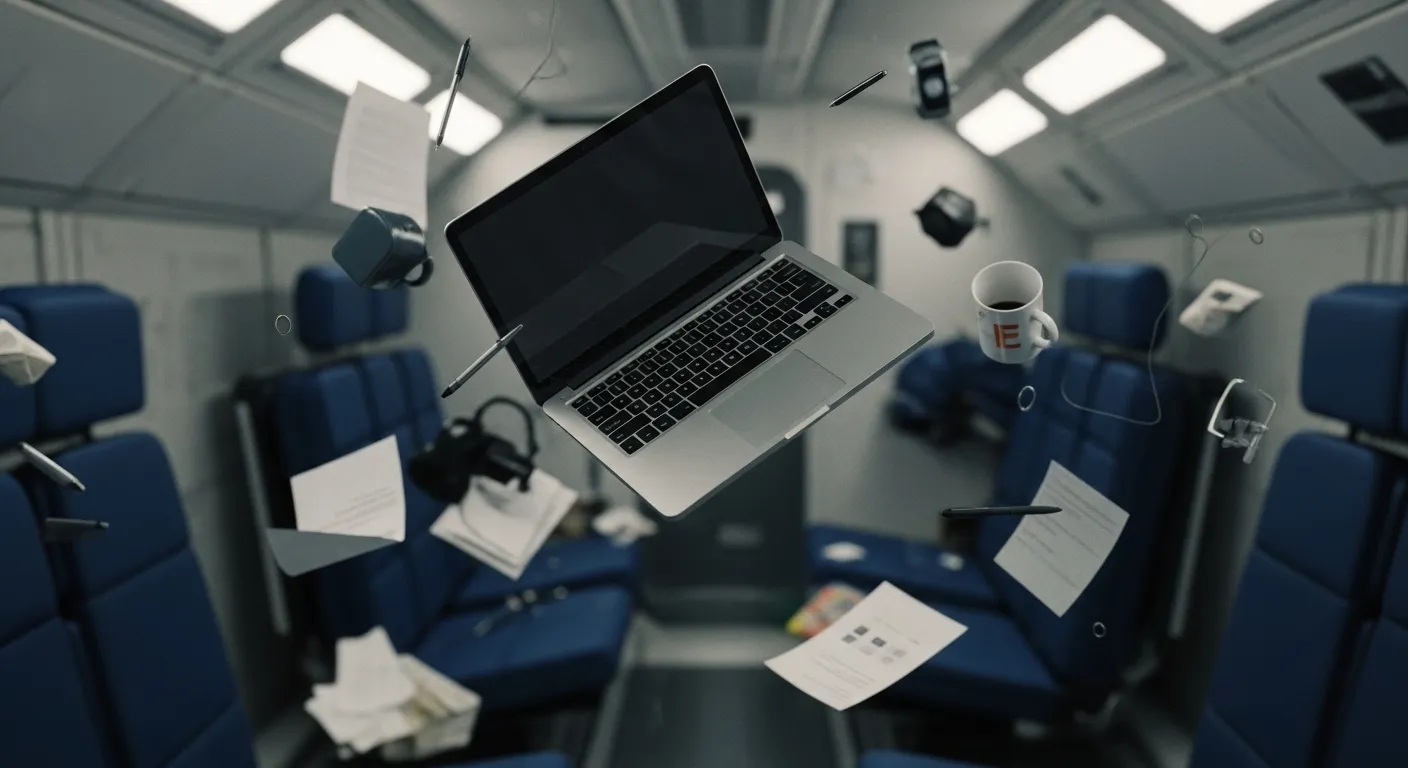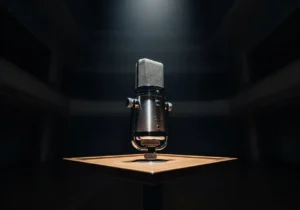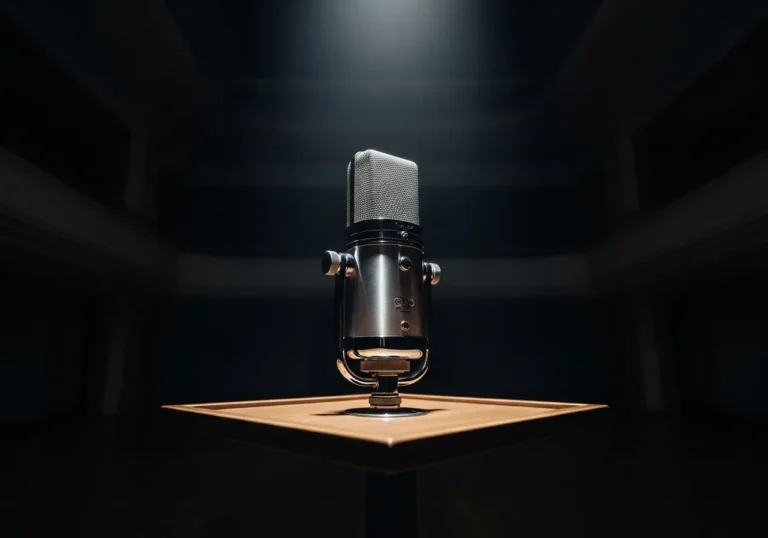
1. “Can you just ignore the seatbelt sign? I need my laptop.”
This request, often made just after takeoff or during bumpy air, is one of the most problematic things you can say. It asks a flight attendant to disregard a federal aviation regulation, undermine their authority, and compromise your own safety. The seatbelt sign isn’t a suggestion; it’s a command rooted in safety protocols. Turbulence, especially “clear-air turbulence,” can occur without any warning, causing unsecured passengers or objects to become dangerous projectiles.
When you say this, the crew hears: “I value my immediate convenience more than the safety rules that protect everyone on this plane.” Their job is to enforce those rules, not to make exceptions that could lead to injury. Responding to this request puts them in an awkward position of having to say no and explain a rule they shouldn’t have to defend.
A better approach involves a bit of foresight. Before stowing your carry-on, take a moment to think about what you’ll need for the first hour of the flight. Pull out your book, headphones, laptop, or a bottle of water and keep them at your seat. For older adults or anyone managing medication, this is especially critical. Keep essential items like pills, glasses, or medical devices in a small bag under the seat in front of you, not in the overhead bin.
If you genuinely forgot something urgent, like a dose of medication, wait for a safe moment. Press the call button once the plane has reached cruising altitude and the seatbelt sign is off. When the flight attendant arrives, politely explain your situation. For example: “Excuse me, I apologize for the trouble, but I realized I left my heart medication in my bag. When it’s safe to do so, could I quickly get it from the overhead bin?” This shows respect for the rules and an understanding of their role.











